– You’ve been researching the stories of Gulag/GUPVI camp victims for thirty years now. How do you handle this overwhelming human tragedy that unfolds before you?
– It truly is quite different to study a topic and era whose effects we still feel, that lives with us, or if just in the collective subconscious of others. However, a great many of us – a third or fourth of our nation, myself included – have a personal connection to this tragedy. In fact, my own innocent grandfather was abducted from Budapest without any justification or official reason. Thank God, he managed to return, even at 38 kilos, but he died soon after and I never got to know him. Over the course of my university and rural lectures, I’ve realized that there is a dire need in our society to learn about this long hidden, forgotten, suffering portion of our history.
– Are the taboos broken? Can the victims speak out now?
– More and more people are contacting me or our society, The International Society of Gulag and GUPVI Researchers, to help them uncover a relative or ancestor’s story, burial grounds, or any information about an abducted civilian or soldier taken as prisoner. Many have thanked me for writing a book on this topic because they felt that someone was finally acknowledging the stories of their fathers, mothers, grandparents, or great-grandparents – that the forced labor of their innocent loved ones will not be forgotten by the world. These personal encounters give me the motivation to research even further.
– Has there been a story that especially stuck with you?
– There are several stories that’ve overwhelmed me. For example, the story of a farming family from Kiskunság. There were 5 girls in the family, from age 8 to 21. Drunk Soviet soldiers arrived to their home and demanded women.
One of the soldiers raped the 19-year-old Julia in front of her family. The girl’s brother couldn’t stand the sight and killed the soldier with the weapon he had put down, while the other two soldiers ran off. The defiled girl and her brother were tortured to death, their father and mother were sentenced to death as leaders of a “terrorist crime group”, and the rest of the family members over 12 along, with the oldest daughter’s husband, were sentenced to 15-25 years of forced labor.
The 8-year-old Elizabeth grew up as an orphan and only met her three surviving older sisters 11 years later, in 1956.
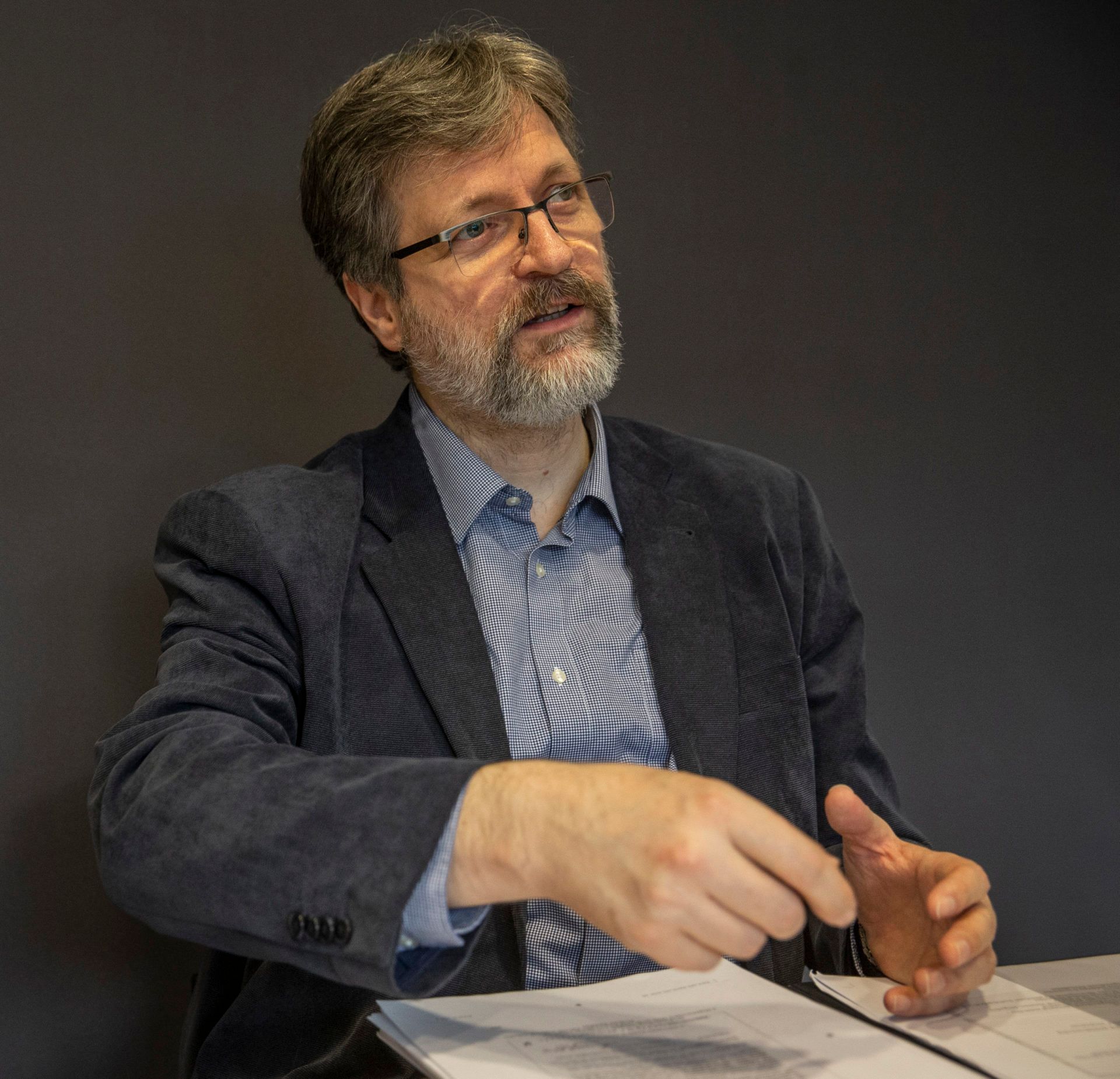
Photo: Éberling András
– The stories of the abducted victims have only been commemorated for about 30 years at this point, since the fall of communism in Hungary. What do you think: how informed is Hungarian society on this topic since the regime change?

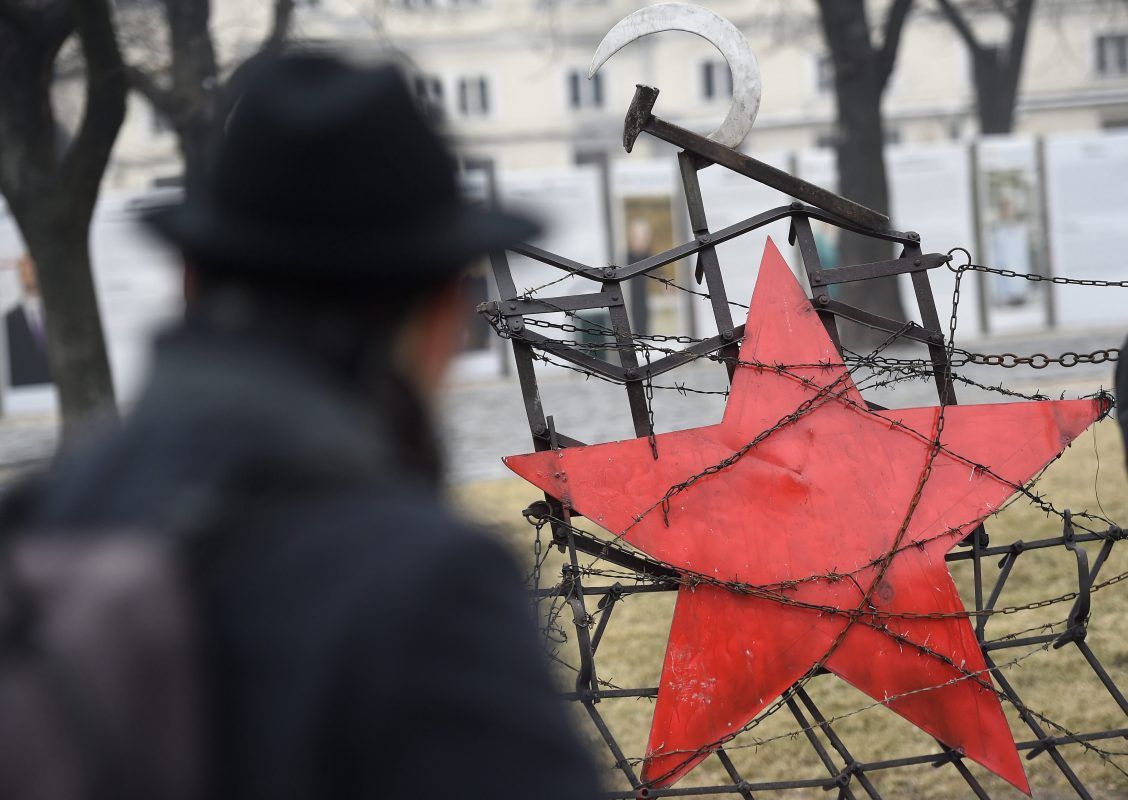
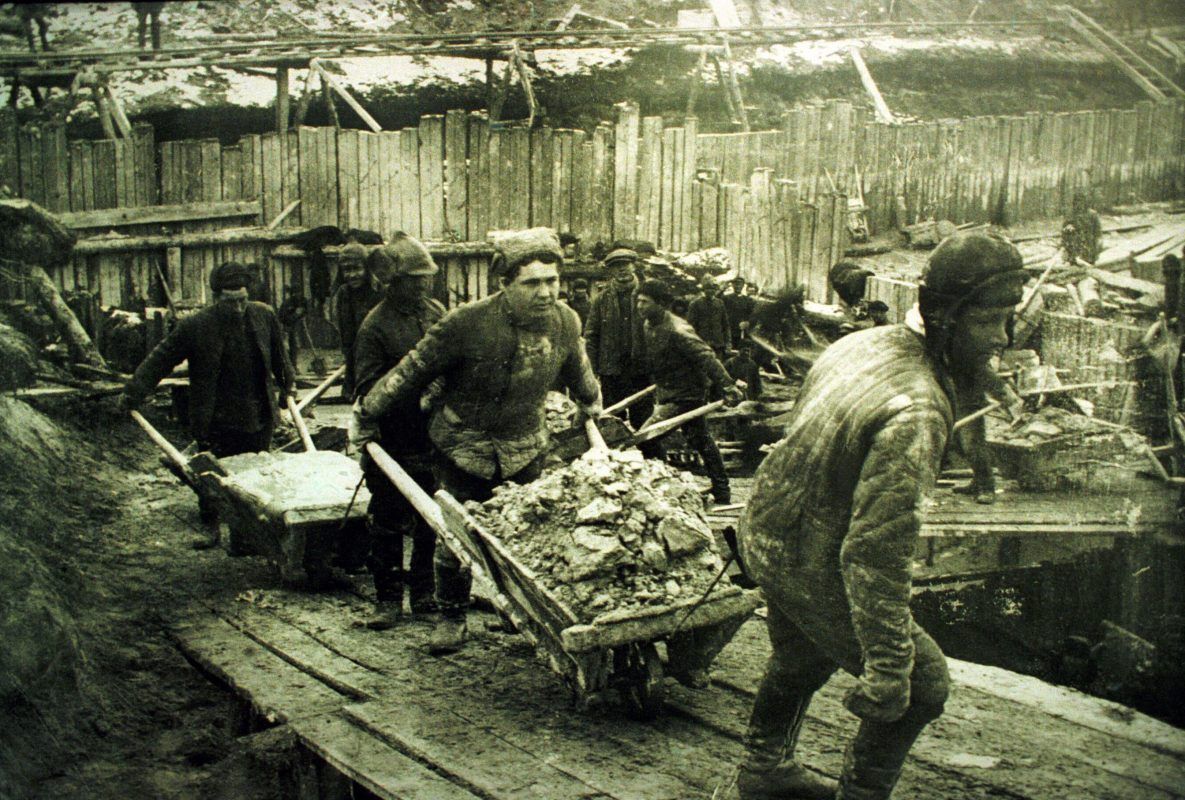
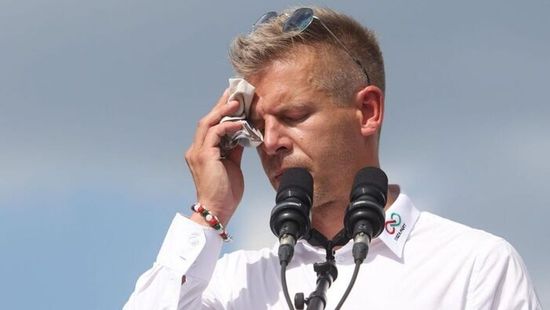
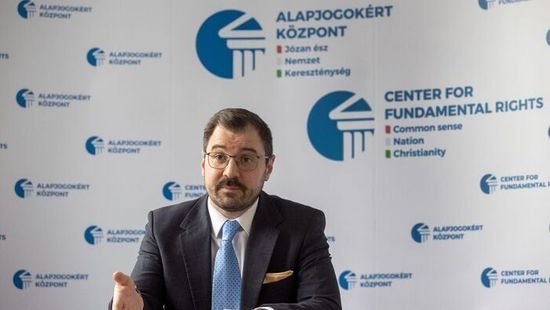
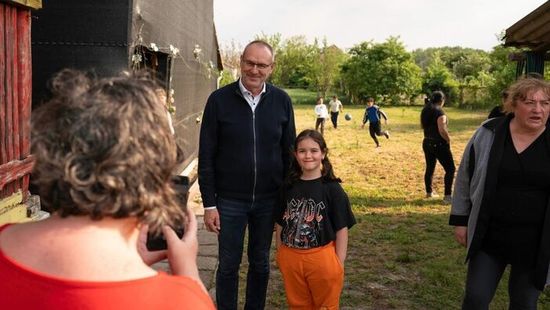









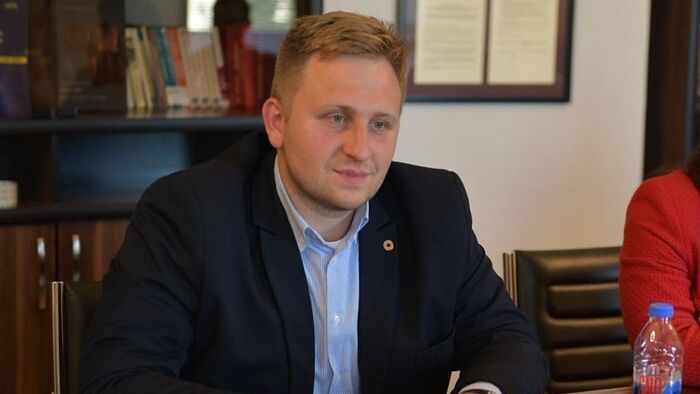

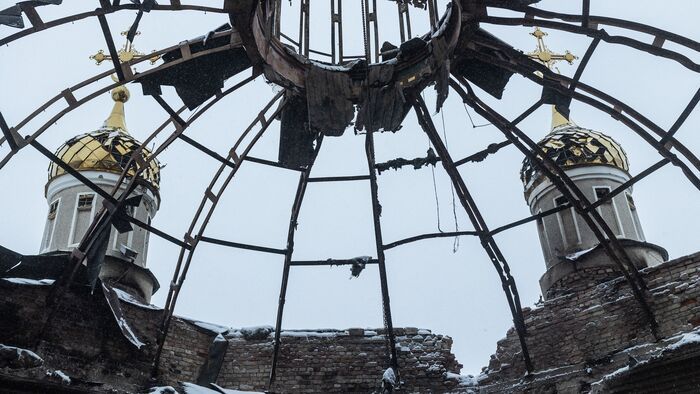

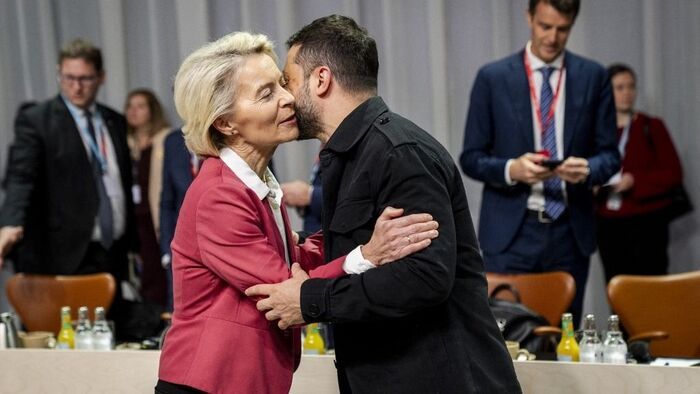

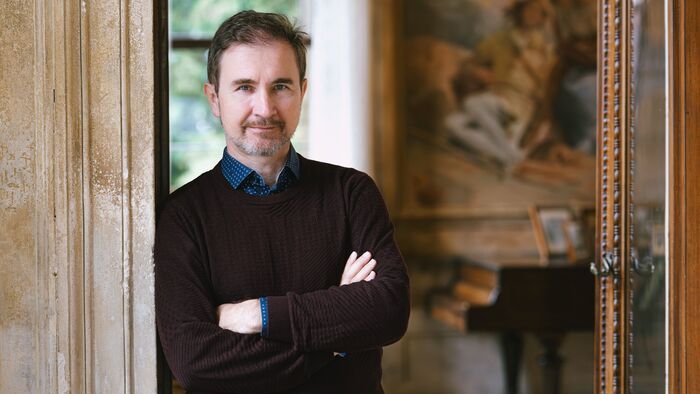



Szóljon hozzá!
Jelenleg csak a hozzászólások egy kis részét látja. Hozzászóláshoz és a további kommentek megtekintéséhez lépjen be, vagy regisztráljon!